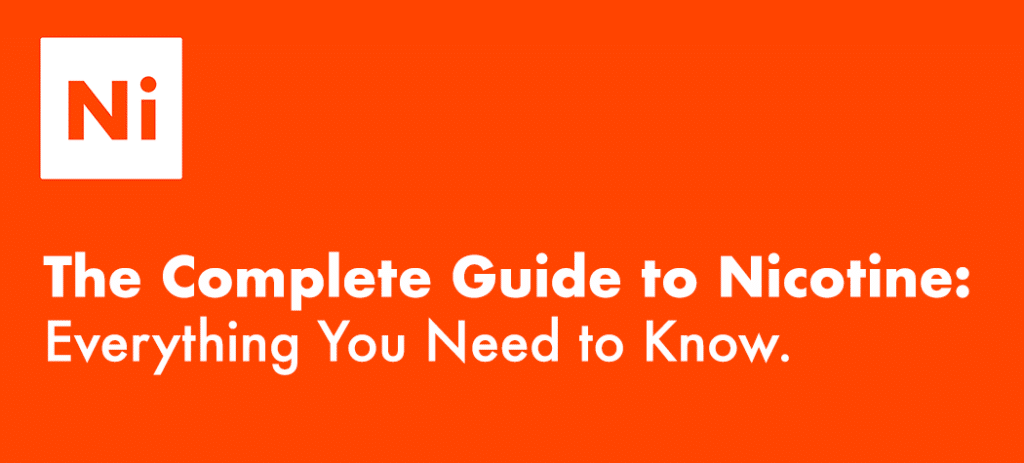Helpful Guides
The Complete Guide to Nicotine
Nicotine is a well-known substance, yet it’s often misunderstood. Whether you’re a smoker, a vaper, or just curious about nicotine, this comprehensive guide will provide you with all the information you need. We’ll explore what nicotine is, how it works, its effects on the body, and much more. Let’s dive in!
What is Nicotine?
Nicotine is a naturally occurring alkaloid found in the nightshade family of plants, primarily in tobacco. It’s known for its stimulant effects and is the primary reason why tobacco products are addictive. Nicotine can be consumed in various forms, including cigarettes, e-cigarettes, nicotine gum, and patches.
The History of Nicotine
Nicotine has a long and storied history. It was first isolated from the tobacco plant in the early 19th century by German chemists. Since then, it has played a significant role in global culture and health. Understanding the historical context of nicotine helps us appreciate its impact on society and the ongoing debates about its use.
How Does Nicotine Work?
When nicotine enters the body, it quickly travels to the brain, where it binds to nicotinic acetylcholine receptors. This binding triggers the release of neurotransmitters such as dopamine, which create feelings of pleasure and reward. This process is a key factor in the addictive nature of nicotine.
Effects of Nicotine on the Body
Short-Term Effects
Nicotine’s short-term effects include increased heart rate, elevated blood pressure, and a release of glucose. It can also enhance focus and alertness, making it popular among users who seek a quick mental boost.
Long-Term Effects
Long-term nicotine use can lead to a range of health issues. While nicotine itself is not the primary cause of tobacco-related diseases, its addictive properties lead to prolonged exposure to harmful substances in tobacco products. Long-term use can also result in cardiovascular problems and potential impacts on brain development, especially in young users.
Nicotine in Smoking vs. Vaping
Smoking and vaping are two popular methods of nicotine consumption, but they come with different health risks and benefits.
Smoking
Traditional smoking involves burning tobacco, which releases thousands of chemicals, many of which are harmful. This method of nicotine intake is linked to serious health problems such as lung cancer, heart disease, and respiratory issues.
Vaping
Vaping, on the other hand, involves inhaling a vapourized liquid that contains nicotine, flavourings, and other substances. While vaping is generally considered less harmful than smoking, it is not without risks. The long-term health effects of vaping are still being studied, and there are concerns about the impact of inhaling certain chemicals found in e-liquids.
Nicotine Replacement Therapies
For those looking to quit smoking, nicotine replacement therapies (NRTs) offer a safer way to wean off nicotine. NRTs come in various forms, including patches, gum, lozenges, and nasal sprays. These products provide a controlled dose of nicotine without the harmful chemicals found in tobacco smoke.
The Controversies Surrounding Nicotine
Nicotine and its use are surrounded by controversy. Public health organisations, governments, and researchers debate its risks and benefits. Some argue that nicotine, while addictive, is less harmful than the products it is often associated with, such as cigarettes. Others focus on its potential role in harm reduction for smokers transitioning to safer alternatives like vaping.
Conclusion
Nicotine is a complex substance with a significant impact on health and society. Whether used for smoking cessation, recreational purposes, or simply understood as a chemical compound, nicotine’s effects are far-reaching. We hope this guide has provided you with valuable insights into nicotine and its many facets.
If you found this article helpful, feel free to share it and explore our other resources on nicotine and related topics.
For more information, check out our other articles on blog or contact us.
Disclaimer: This article is for informational purposes only and does not constitute medical advice. Consult a healthcare professional for personalised recommendations.


